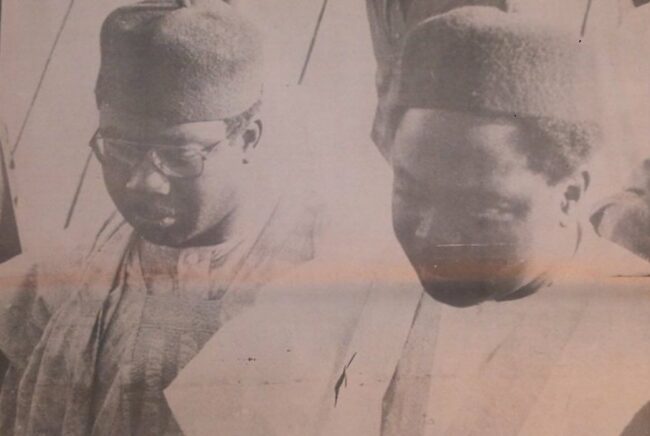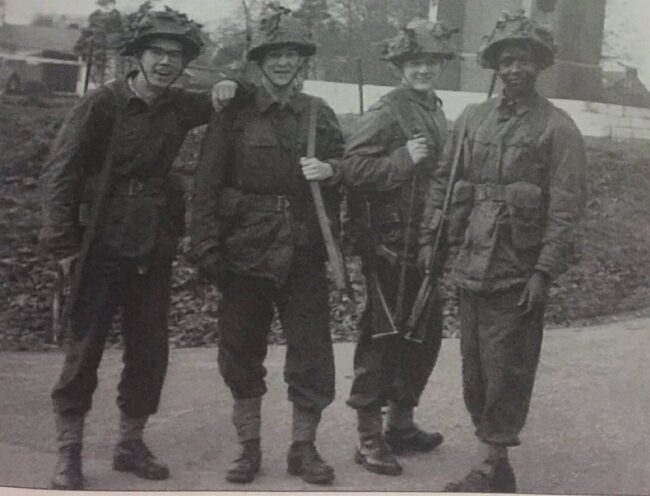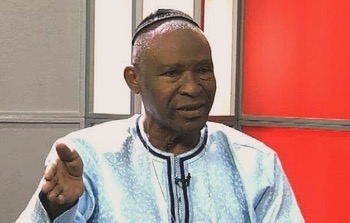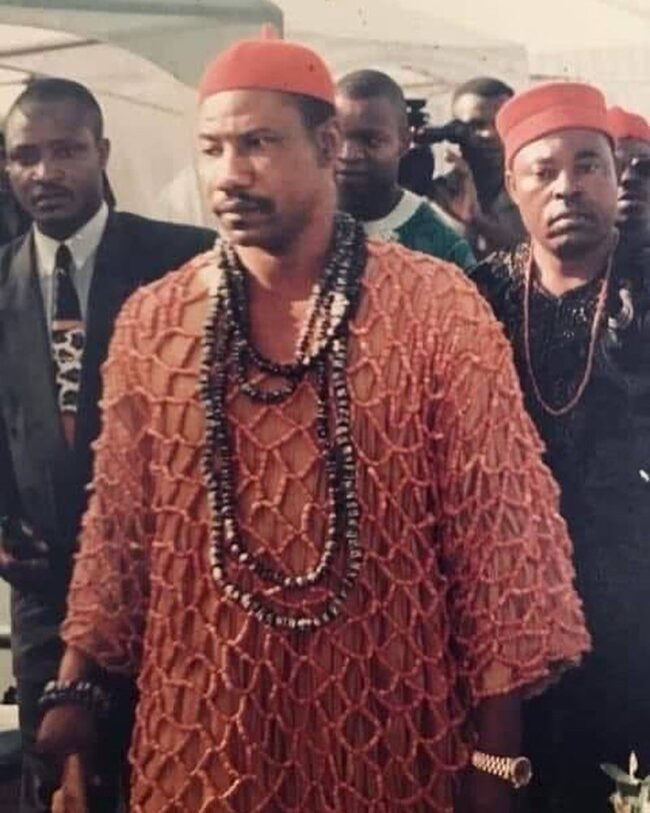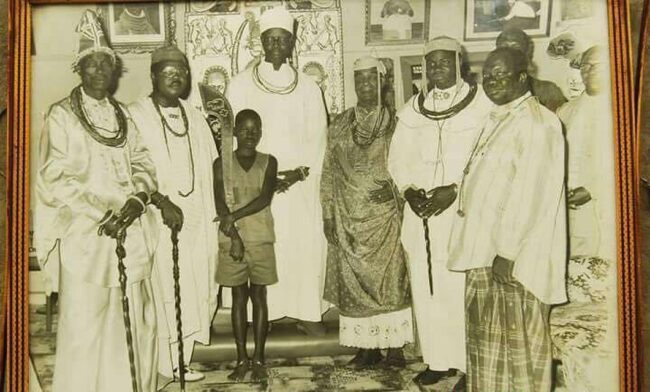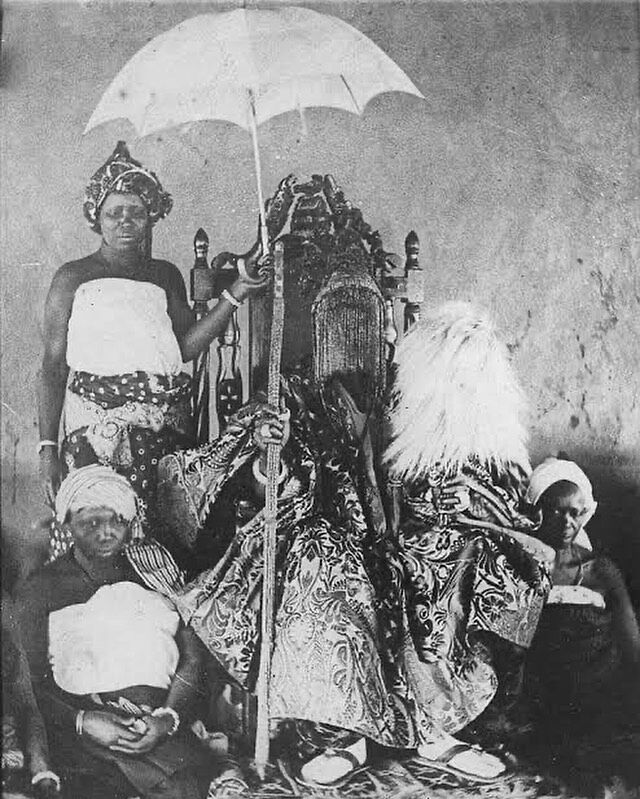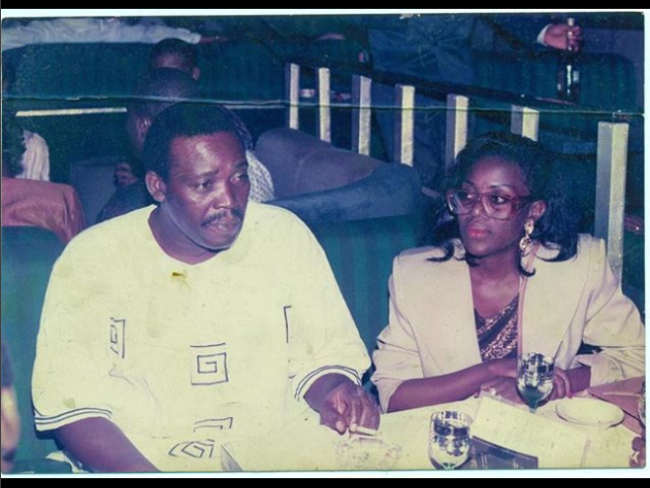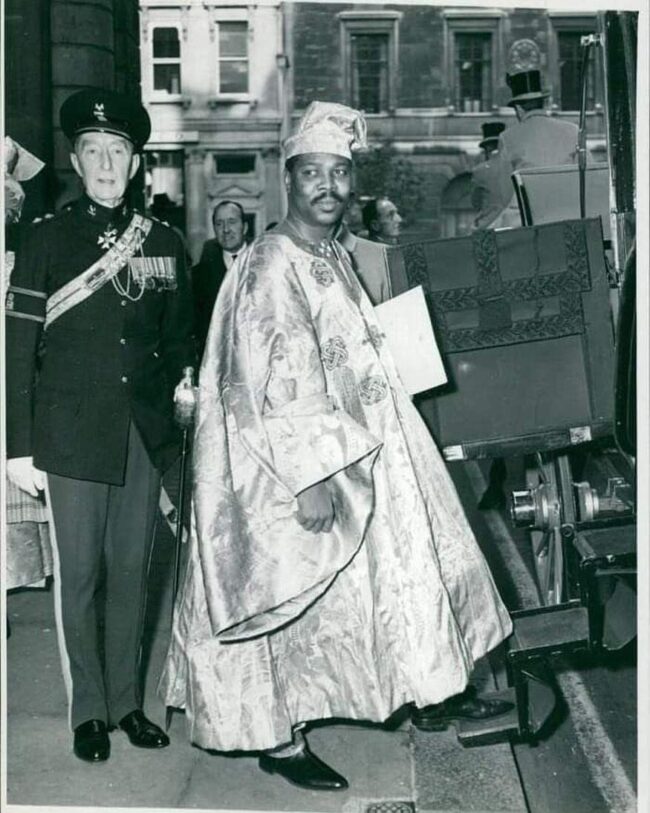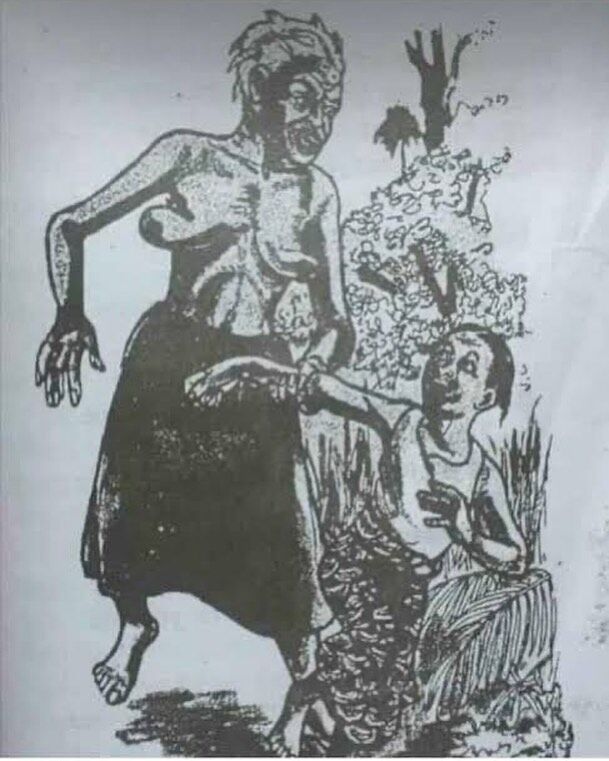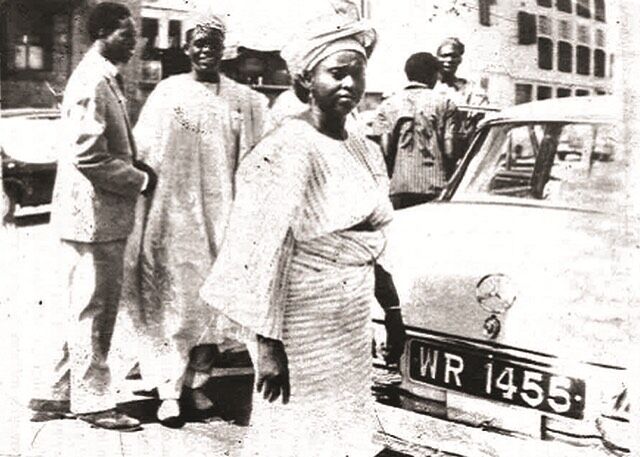When Bishop Kayode Williams found himself in the wrong crowd, he was just a youngster attending secondary school. Men whose actions rocked the country in the 1970s trained him. the likes of Babatunde Folorunso, Ishola Oyenusi, and a few others. He is one of the recognized bright spots from Oyenusi’s gloomy past, trained in the 1970s after straying into Oyenusi’s group as a teenager, along with other infamous criminals. ten years in prison for armed robbery. Bishop Kayode Williams Williams was born in 1954, and his road into crime is a singular tale. Williams, the lone kid of his mother’s two children, didn’t turn to thievery due to hardship, in contrast to many bandits who sought to escape poverty by whatever means. In the 1960s, his mother, a well-known fabric merchant in Ibadan’s well-known Gbagi market, was a devoted Christian. At the time, Gbagi was one of Nigeria’s largest and most well-known fabric marketplaces. The only people who could afford to own a business at Gbagi were wealthy individuals and the spouses of politicians. Williams informed our source that H.I.D. Awolowo, the late Premier of the Western Region’s wife, operated a fabric store adjacent to his mother’s Gbagi store. “My mother had that type of elitist combination of life,” he said. She owned a sizable store in Gbagi at the time and wasn’t just a small-time fabric merchant. And his mom made sure he received a top-notch education. “My mother is a mother at heart and had a significant role in my upbringing. In an interview, he informed our source, “She did all in her power to make sure I lived a decent life and was a Christian. Williams had a sports interest as well. He disclosed to our source that he was the goalie for the football squad of Hope Grammar School, Ibadan, which is currently known as Adelagun Memorial Grammar School. “I had a great reputation as a superb goalie. I kept goals for WNBC and IICC in my youth. When Williams wandered into a group of wealthy young guys in his neighborhood, things took a bad turn. They were in their 20s, and he was an adolescent. He found them interesting, respected their methods, and aspired to emulate them. Despite claiming not to enjoy discussing his unpleasant history, Williams previously described how, from the 1960s to the early 1970s, he was among the most feared armed robbers in Western Nigeria. The men in the group were neighborhood guys he looked up to. When I encountered them in secondary school, they urged me to assist them in purchasing a pack of smokes, which I did. I paid two shillings and six pence for the cigarette, and I gave them the remaining seventeen and six pence after using the one pound note that I had been given. However, they advised me to follow the balance. That exceeded my teacher’s pay at the time, which was 17 shillings,” he remarked. The decision to contact the gang the next day to express gratitude for the present marked the …

